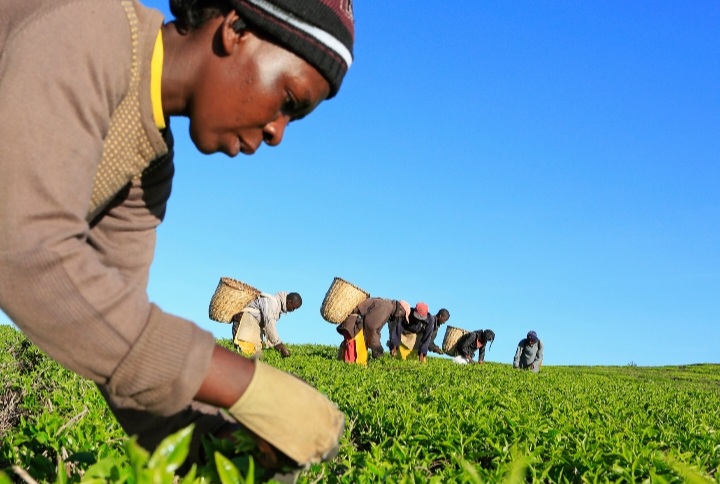NGO trains farmers on organic seed preservation, multiplication in Kaduna

No fewer than 100 farmers in Bondong and Biniki communities of Kaura Local Government Area of Kaduna State have been trained on how to preserve and multiply their seedlings organically.
The training was organised by an NGO, Women Environmental Programme (WEP), with funding from Christian Aid on Wednesday in Kaura Area of Kaduna.
Speaking at the event, Blessing Mafai, Communications Officer at WEP, said the training is part of a project tagged, “Actions to Combat Climate Threats in Nigeria ”, being undertaken by the organisation.
Mafai explained that preserving and multiplying seeds in a natural way results in healthier soils, better crop yields and reduces the need for chemical interventions.
“This training is to enlighten farmers that buying improved seedlings from the market is not the best right now.
“We want them to know that they can actually preserve and multiply these seeds by themselves using the natural resources within their environment without having to go to the market to source for new seeds.
“So, the idea is to discourage farmers from the use of chemical fertilizers and pesticides which leaves harmful chemical residues in our foods among other effects,” she added
Mafai added that the organic method of seed preservation and multiplication was a much more sustainable and climate friendly process.
The District Head of Bondong, Jonathan Mamman, who spoke on behalf of the farmers, commended the organisers and described the training as timely in view of the current farming season.
Mamman enjoined the participants to put their new knowledge to good use and also step down the training to other farmers in their respective communities.
Practical sessions were conducted on the use of organic matter such as cow dung and urine, neem leaves, charcoal and termite hill amongst others as natural preservatives and pest control methods.
The News Agency of Nigeria (NAN) reports that WEP also distributed bags of millet, sorghum, rice and groundnut to farmers in the two communities.
(NAN)
